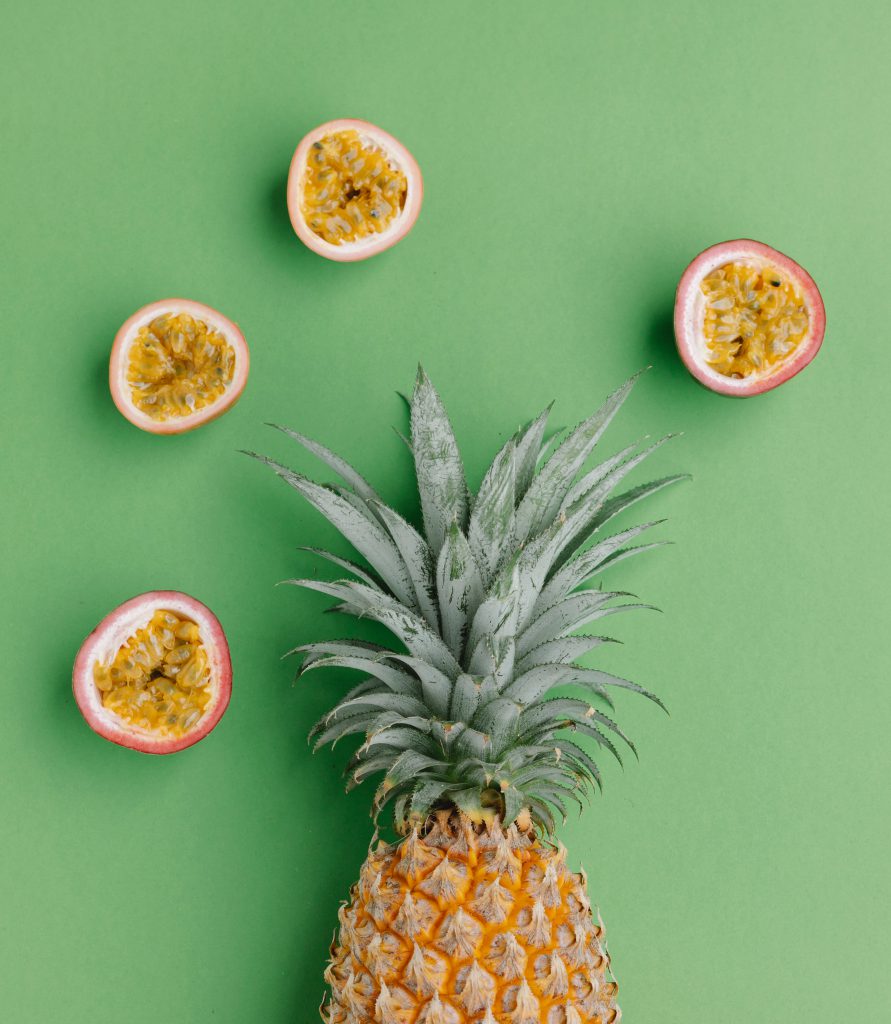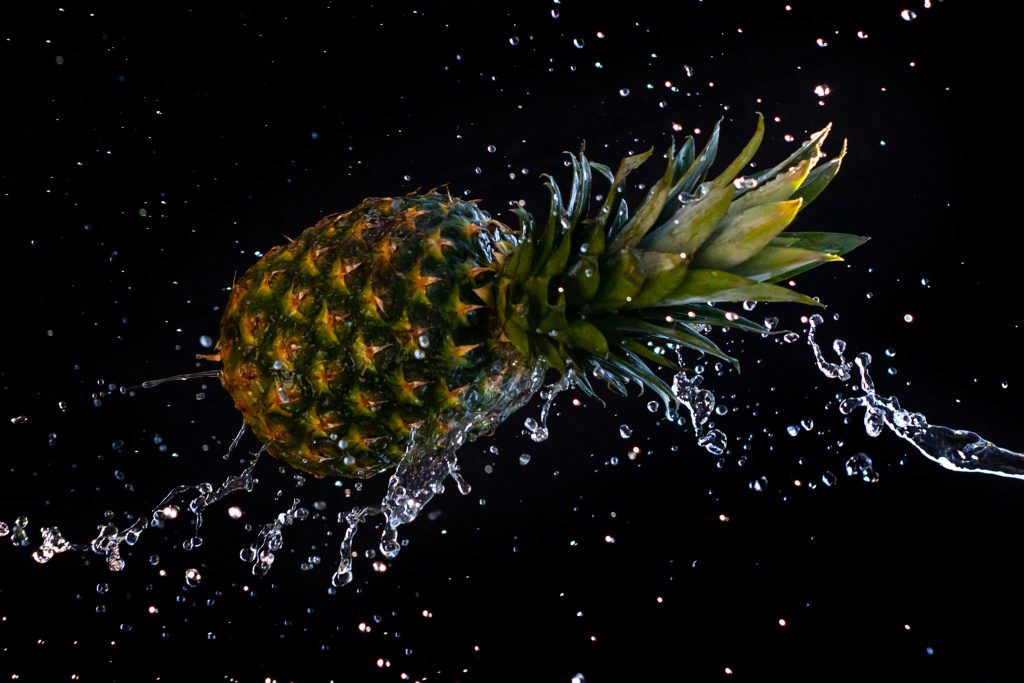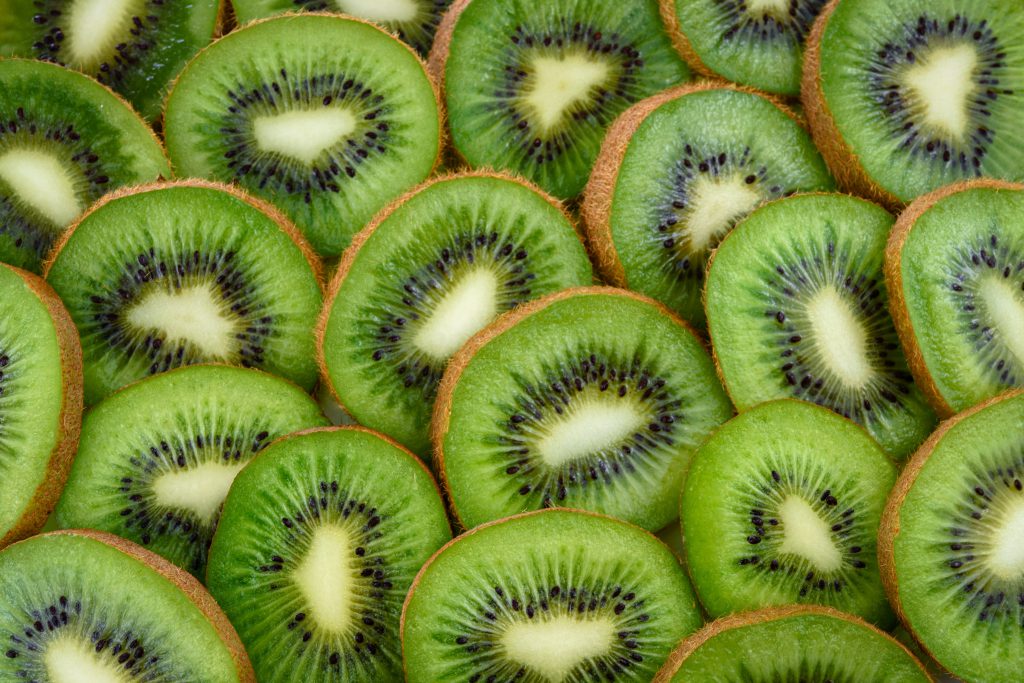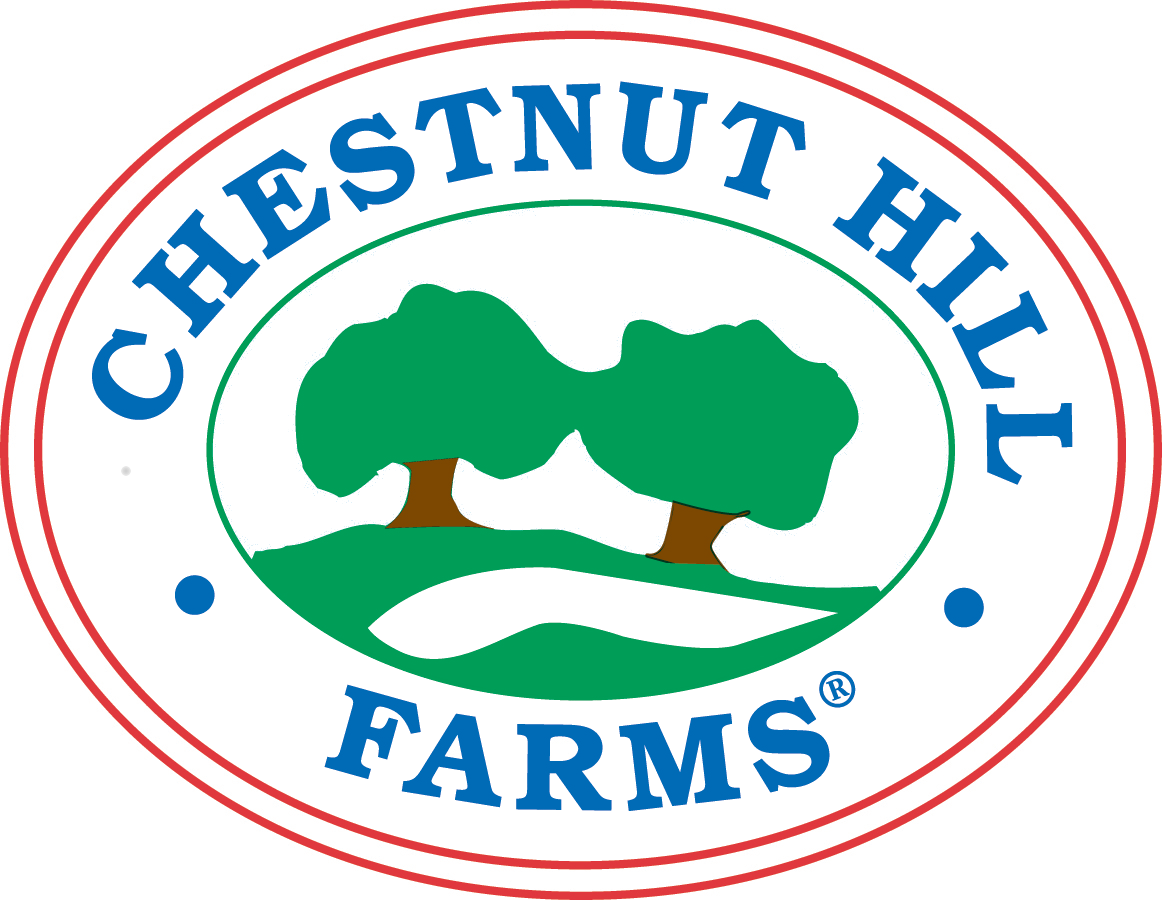
Healthy Produce Grown without Exposure to Pesticides
Growing fresh produce in a garden or on a farm can be a difficult and tedious task. It requires a lot of time and dedication for the best quality results possible. Fruits and vegetables are also delicious to both humans and wildlife, which is why they tend to attract pests that will eat and destroy your plants. This is why farmers choose to use pesticides; they help to grow safe and healthy crops without losing too many.
While pesticides can have positive impacts on agriculture, like improving the overall quality of produce, too much exposure to them can pose risks to your health.
Every year, the Environmental Working Group (EWG) releases its Clean 15 list. The list consists of 15 fruits and vegetables that have little to no traces of pesticides. Let’s talk about why the produce on this list is healthier for you and how Chestnut Hill Farms helps to keep pineapples off EWG’s Dirty Dozen list.
Sustainable Practices to Limit the use of Pesticides in Pineapples

Coming in at number three on the Clean 15 list, pineapples have been found to contain zero traces of pesticides. This is thanks to their thick skin that helps to keep them safe.
As one of the top three importers of pineapples to North America, we are dedicated to our sustainable farming practices that keep the environment and our workers safe while bringing you the Perfect Pineapples.
One of our practices involves incorporating organic material into the soil of our farms. Every harvest of pineapples leaves an estimated 300 tons of pineapple. Using that material helps to promote good soil structure and protects the nutrients that allow the plants to thrive.
We also incorporate beneficial bacteria in our soil, which reduces the need and application of pesticides. These sustainable practices keep pineapple plants healthy and safe for human consumption and contribute to pineapple’s placement on the Clean 15 list every year.
Other Clean 15 Produce

EWG’s Dirty Dozen list may inspire you to be more conscious of where you buy your produce. Organic food, however, may cost around 50% more than conventional foods. This is due to the increased labor cost and lower supply associated with growing organic fruits and vegetables.
With the Clean 15 list, you can shop for produce that is affordable and will not harm your body. In fact, you can grow healthy pineapple with two of the other items on the list: onions and kiwis. Both are known for offering mutual benefits to pineapples as companion plants.
Onions are part of the allium family, known for their strong scent that can act as a powerful pest repellant. Kiwis are a vining plant, which means they can help close gaps in your garden, and are also delicious in a tropical fruit salad.
For more healthy produce to complement pineapples in your diet, here’s the full Clean 15 list:
Avocados
Sweet Corn
Pineapple
Onions
Papaya
Sweet Peas (frozen)
Asparagus
Honeydew
Kiwi
Cabbage
Mushrooms
Cantaloupe
Mangoes
Watermelon
Sweet Potatoes
Health Benefits of Number 3 on the Clean 15

It’s no secret that pineapples offer multiple health benefits. Our favorite fruit is high in vitamin C, a strong antioxidant that can help reduce your risk to chronic disease.
Did you know that pineapple is also great for your weight loss journey? A single slice only contains 40 calories, so you can enjoy pineapple without the guilt. They also contain bromelain, which breaks down protein molecules and targets belly fat.
If you’re looking for fun and delicious ways to incorporate more pineapple into your diet, check out these breakfast recipes to start your morning off right.
CHF Helps Keep Pineapple in the Clean 15
Ready to start shopping better and smarter? Be on the lookout for Chestnut Hill Farms pineapples for a clean and delicious snack.
